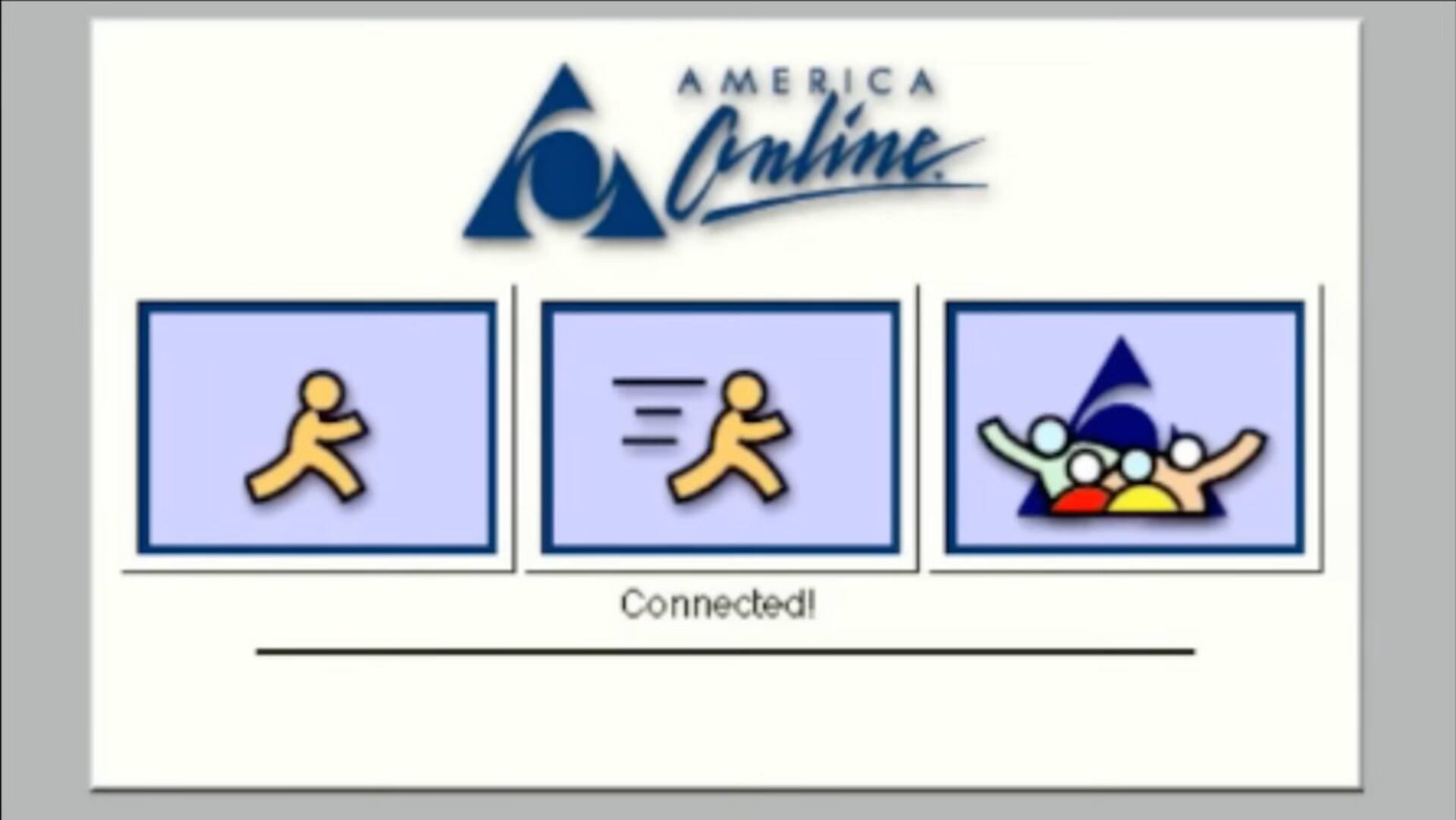
AOL ends its dial-up internet after 34 years
What's the story
AOL, a pioneer in the dial-up internet era, has announced its decision to discontinue the service on September 30, 2025. The move comes after more than three decades of providing Americans with access to the World Wide Web through phone lines. The company confirmed the shutdown date in a message to customers. The service was once emblematic of web connectivity, complete with screeching modem tones and the nostalgic "You've got mail" alert.
Service evolution
Dial-up servie peaked in early 2000s
AOL's dial-up service, originally named "America Online," debuted in 1991. Back then, the internet was mostly text-based and websites were measured in kilobytes. The service grew with the web, peaking at over 20 million subscribers in the early 2000s. However, its popularity began to wane with the rise of broadband adoption.
Service discontinuation
AOL Dialer and AOL Shield to also be discontinued
Along with the dial-up service, AOL has also announced plans to retire its AOL Dialer software and AOL Shield browser on the same date. The dialer software was responsible for connecting computers with AOL's network while Shield was a web browser designed for slower connections and older operating systems.
Service impact
Continued use of dial-up highlights digital divide in America
According to 2022 US Census data, around 175,000 American households still rely on dial-up services for internet access. These users are mostly from rural areas where broadband infrastructure is either non-existent or too expensive to install. The continued use of dial-up highlights the ongoing digital divide in America, with some rural residents still using technology from the '90s while urban users enjoy gigabit fiber connections.
Service nostalgia
A ritual for many users
For those who came online before broadband, dial-up was a ritual. The technology worked by converting digital data into audio signals that traveled over standard telephone lines. This meant users couldn't receive phone calls while online, leading to countless family disputes over internet time. AOL didn't invent dial-up internet access but made it accessible to non-technical users with a single software package that handled everything.
Service legacy
AOL's influence on the internet
AOL's influence went beyond connectivity. It introduced many users to real-time digital communication with AOL Instant Messenger and created some of the internet's first social networks through chat rooms. However, the company also faced criticism for technical mishaps that led to exorbitant phone bills for users. In 2006, AOL raised dial-up rates to $25.90 per month in an attempt to push users toward faster connections.